The tech industry, with its glossy keynotes and promises of a better future, often feels like an impenetrable black box. We use the apps, scroll the feeds, and trust the algorithms without ever really seeing what’s happening on the inside. But a new wave of books from tech insiders, journalists, and experts is pulling back the curtain, revealing the complex, often troubling, realities of the digital age.
From the rise of artificial intelligence to the culture of our most powerful social media companies, these books speak about power, profit, and the perils that lie beneath the surface. They challenge us to reconsider our relationship with technology and ask crucial questions about the future of humanity.
Here are 10 eye-opening books that shed light on the tech world’s dark truths:
1. Careless People: A Cautionary Tale of Power, Greed, and Lost Idealism by Sarah Wynn-Williams

A former Meta executive, Sarah Wynn-Williams, delivers a scathing insider account of the company’s corporate culture. The book, which reportedly became a bestseller after Meta’s attempts to suppress it, alleges a culture of misogyny, double standards, and a profit-at-any-cost mentality. Wynn-Williams’s memoir takes us behind the scenes, detailing private conversations with Mark Zuckerberg and Sheryl Sandberg and exposing the internal workings of one of the world’s most influential tech companies. It’s a shocking and darkly funny exposé that leaves us with a central question: can a company so deeply broken be reformed?
2. Mood Machine: The Rise of Spotify and the Costs of the Perfect Playlist by Liz Pelly

Has Spotify quietly warped our musical landscape for the worse? Journalist Liz Pelly’s book argues that it has. Drawing on over a hundred interviews with industry insiders, former employees, and musicians, Mood Machine investigates Spotify’s origins and its profound influence on music. Pelly reveals how the platform’s focus on playlisted, personalized, and autoplayed music has flattened the art form into metadata, prioritizing engagement and profit over artistic integrity. It’s a devastating indictment of how one company has come to dominate and distort our very concept of what music is for.
3. The Alignment Problem: Machine Learning and Human Values by Brian Christian
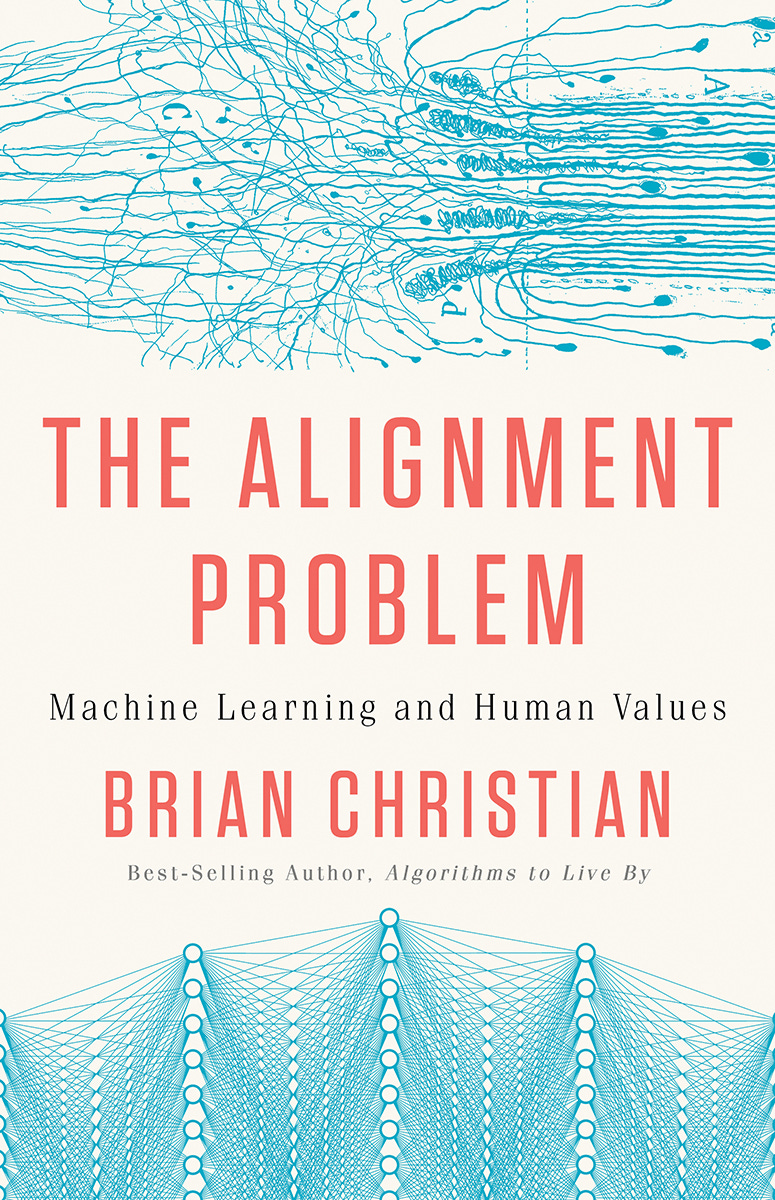
Artificial intelligence is not just a technological challenge; it’s a profound philosophical one. Brian Christian, a researcher in computational cognitive science, explores the critical question of how we ensure that as AI systems become more powerful, they remain aligned with human values. This book dives into the complex and often perplexing task of programming ethics, morality, and common sense into machines. It’s a must-read for anyone who wants to understand the intellectual and practical challenges of building a future with AI.
4. AI Snake Oil: What Artificial Intelligence Can Do, What It Can’t, and How to Tell the Difference by Arvind Narayanan and Sayash Kapoor
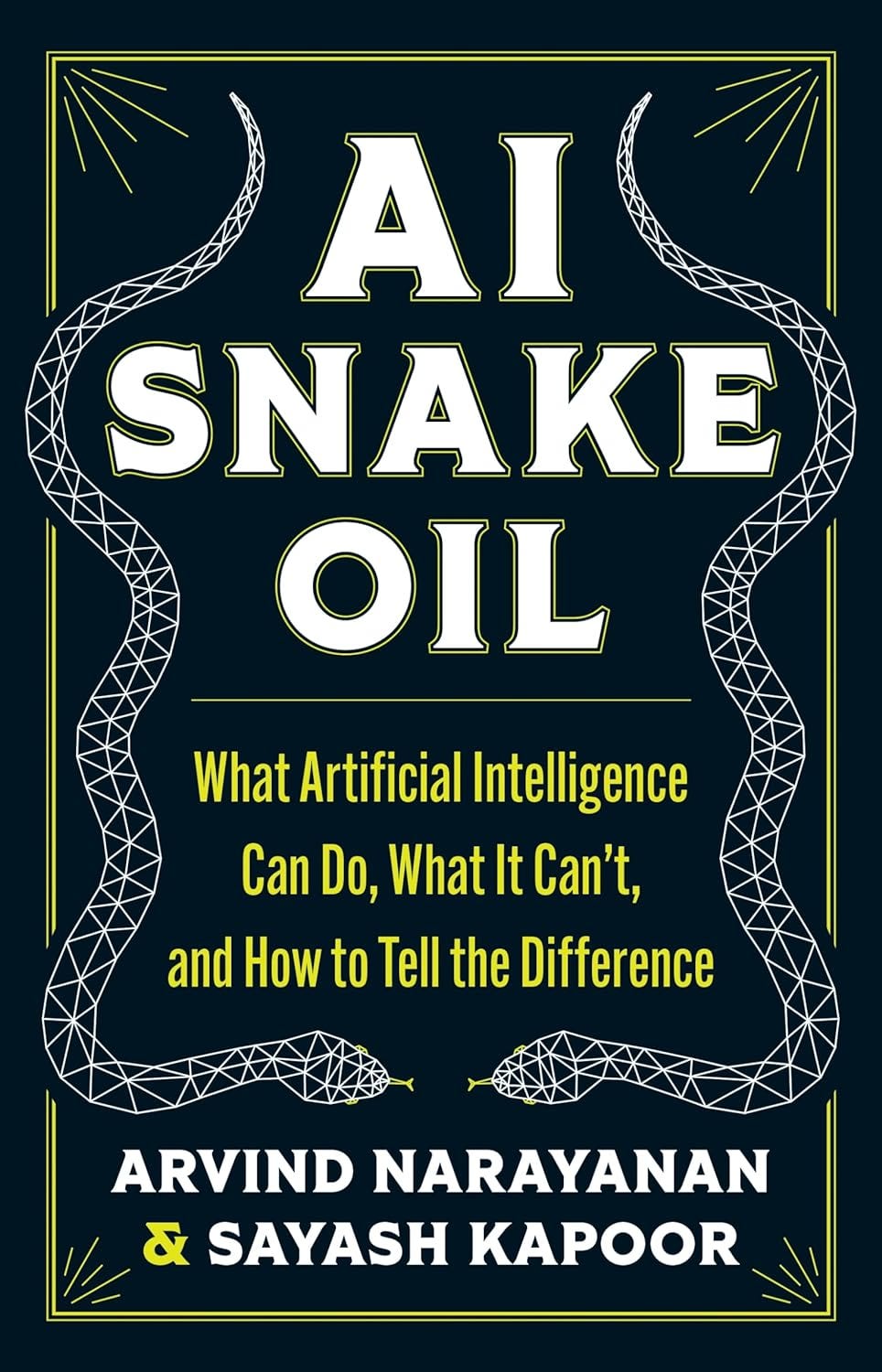
With the hype surrounding AI at an all-time high, it’s easy to fall for misleading claims about its capabilities. This book cuts through the noise, exposing the “snake oil” being sold in the name of artificial intelligence. The authors explain the crucial differences between types of AI and detail the serious harms already being caused by its use in everything from hiring to criminal justice. AI Snake Oil argues that the existential risks of AI are far less immediate than the real-world problems it is already creating, urging readers to be more critical of the technology we’re told will fix everything.
5. Superintelligence: Paths, Dangers, Strategies by Nick Bostrom
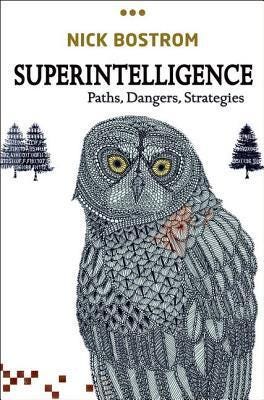
This book is a cornerstone of the AI safety debate. Philosopher Nick Bostrom explores the potential risks and benefits of a future where artificial intelligence surpasses human intelligence. He grapples with the concept of a “superintelligence” and the profound existential risks it could pose if its goals are not perfectly aligned with human values. Bostrom’s work is a thought-provoking and sobering look at the choices humanity may face as we progress into the AI era, and it has become an essential text for anyone concerned with the long-term future of humanity.
6. Atlas of AI: Power, Politics, and the Planetary Costs of Artificial Intelligence by Kate Crawford
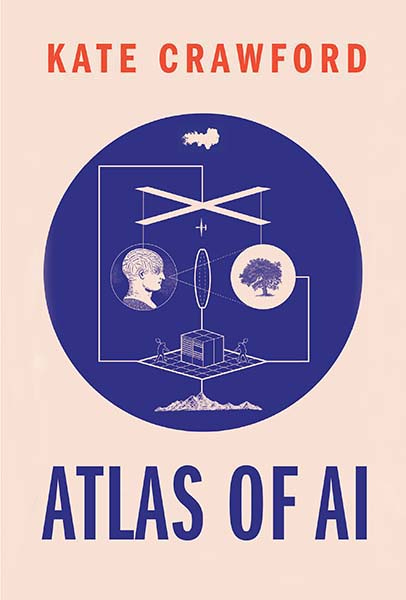
Award-winning scholar Kate Crawford reveals the hidden costs of AI, arguing that it is a technology of extraction. From the minerals pulled from the earth to the low-wage labor of data workers, Crawford exposes the human and environmental toll behind the glittering facade of artificial intelligence. This book unmasks the political and corporate interests that drive AI development and shows how the technology can reinforce existing inequalities and hierarchies.
7. Weapons of Math Destruction: How Big Data Increases Inequality and Threatens Democracy by Cathy O’Neil
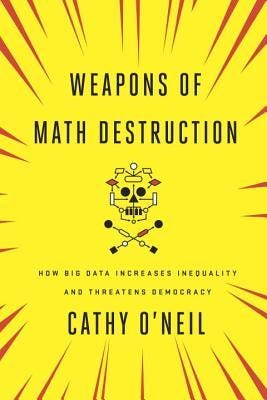
In this powerful exposé, mathematician Cathy O’Neil reveals how opaque, unregulated, and biased algorithms are shaping the decisions that affect our lives. From credit scores to employment opportunities, these “weapons of math destruction” can deepen social divides and perpetuate systemic inequality. O’Neil’s book empowers readers to ask tough questions about the data and algorithms that govern our lives and to demand a more just and transparent system.
8. AI Needs You: How We Can Change AI’s Future and Save Our Own by Verity Harding
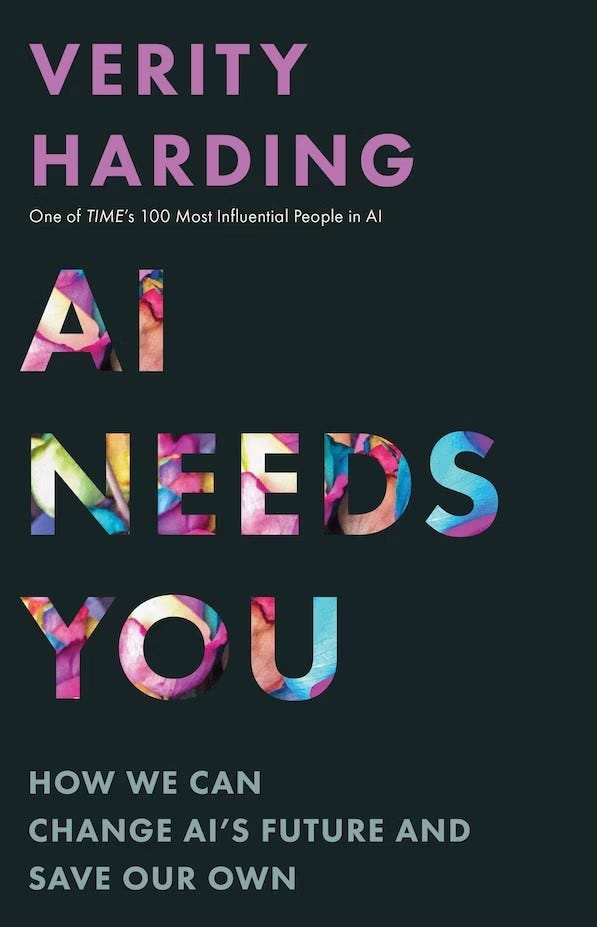
Is the future of AI an issue for tech giants and policymakers alone? Verity Harding argues no. Drawing on historical lessons from past technological revolutions, Harding makes a compelling case for a more democratic approach to AI development. The book provides a roadmap for how we, as a society, can guide AI to be peaceful, serve purpose over profit, and be firmly rooted in societal trust.
9. The New Fire: War, Peace, and Democracy in the Age of AI by Ben Buchanan and Andrew Imbrie
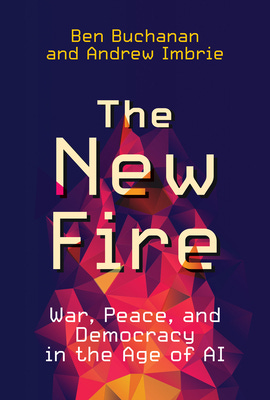
This book provides a sharp geopolitical analysis of the AI revolution. Buchanan and Imbrie explore how AI is being used by autocracies for centralized control and by militaries to create new weapons. They show how AI can fuel disinformation campaigns and new hacking tools, but also argue that this dystopian future is not preordained. By combining an incisive understanding of technology with shrewd political analysis, they show how democracies can harness AI for their own benefit.
10. Human Compatible: Artificial Intelligence and the Problem of Control by Stuart Russell
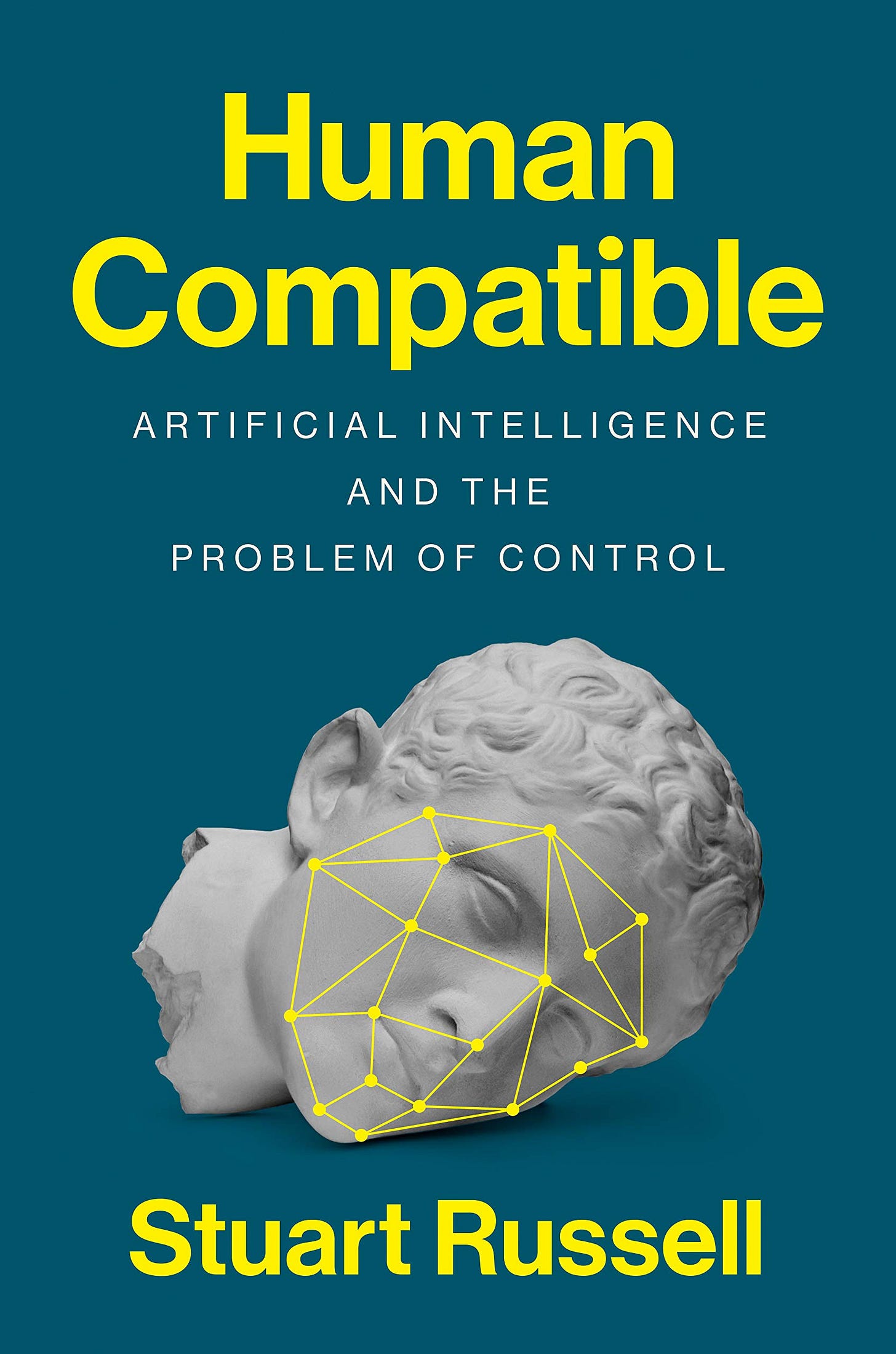
AI pioneer Stuart Russell tackles the central problem of AI: how do we ensure we remain in control? Russell argues that we’ve been building AI based on a flawed assumption that a “superintelligence” will inherently be benevolent. He proposes a new approach to AI research, one that places human values at its core. It’s a groundbreaking book that is both an urgent wake-up call and a hopeful vision for a future where AI serves humanity.

Leave a Reply